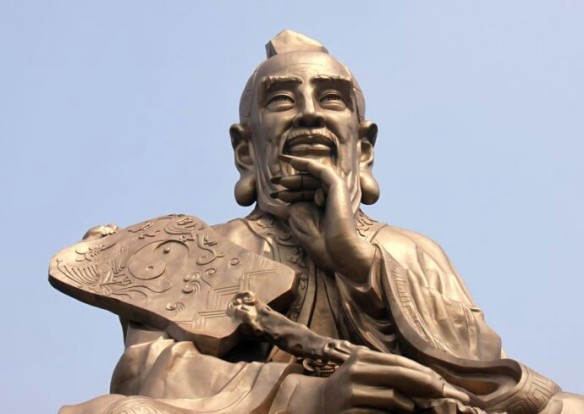Almost nine months after excavation, The Great Shangqing Palace, one of South China's largest temples dedicated to Taoism faction founder Zhang Daoling, was found in Jiangxi Province in eastern part of China.
Zhang, also known as Celestial Master Zhang who lived from year 34 until 156, is an Eastern Han Dynasty Taoist figure believed to be the founder of a Chinese Daoist movement called "Way of the Celestial Masters" or "Way of the Five Pecks of Rice," a sect of Taoism in China.
According to beliefs, Master Zhang lived and practiced Taoism at Longhu Mountain in Jiangxi Province where a temple dedicated to him was built during the Han Dynasty, the second imperial dynasty of China.
However, in the 1930s, the temple was ruined by fire.
Pottery and porcelain fragments as well as the temple's components and shiny tiles from ancient paintings were found in the 10,000-square-meter ruins, Chinese news site China.org.cn reported.
Researcher Xin Lixian stated that the explored items reveal the progress of the temple from the Song to Qing Dynasty as well as the scientific evidence for research on ancient Chinese royal architecture.
Xin added that the excavated portion is only a small part of the palace as it is considered as the largest and best preserved ancient structure in south China.
"It was a very important Taoist site in history," Xu Changqing, head of the Jiangxi Provincial Archaeological Institute, said as quoted by Xinhua.
Taoism or Daoism is an ancient practice of philosophy, ethics, politics and religious beliefs based on Chinese practices and perspectives.



























